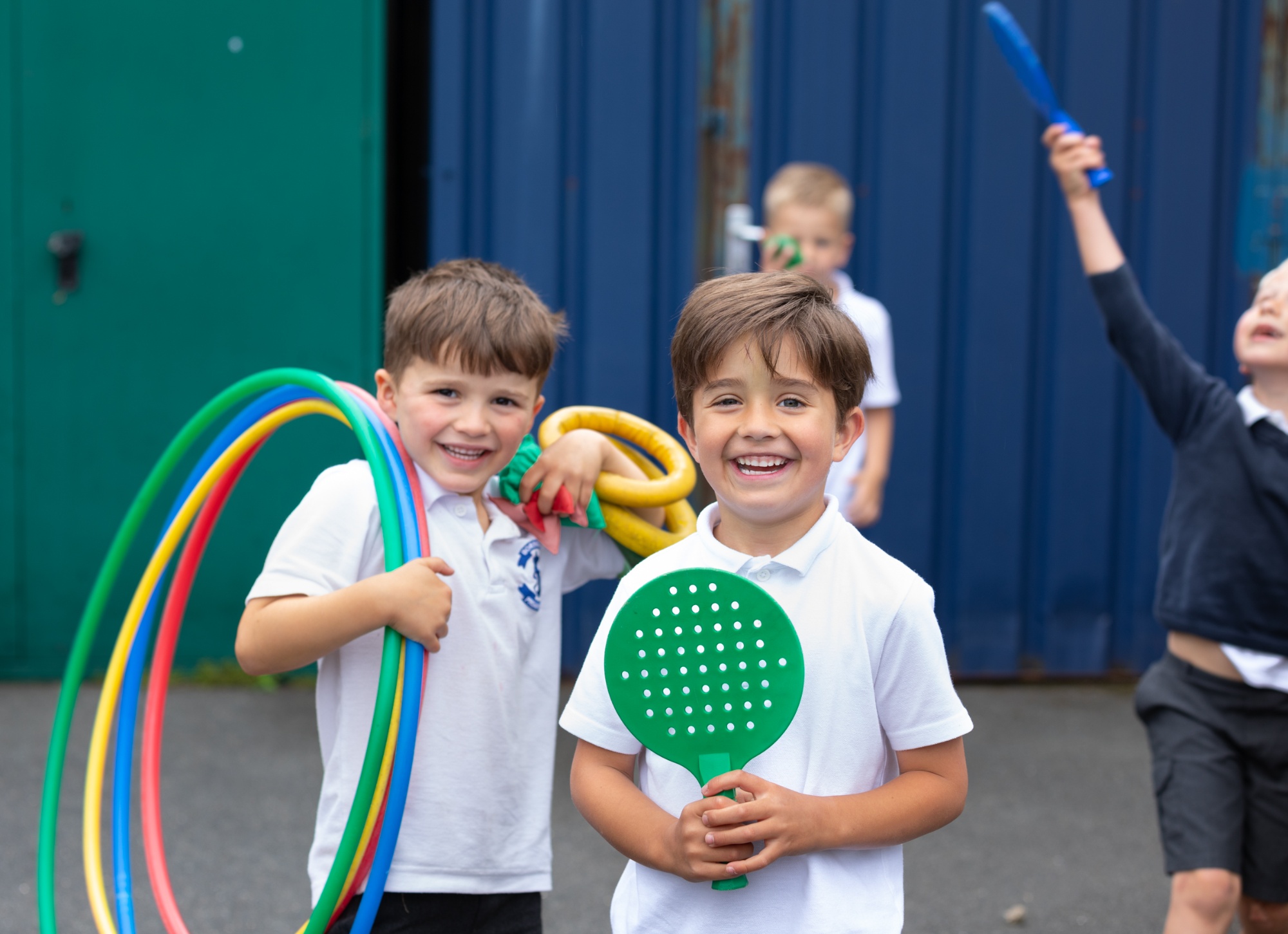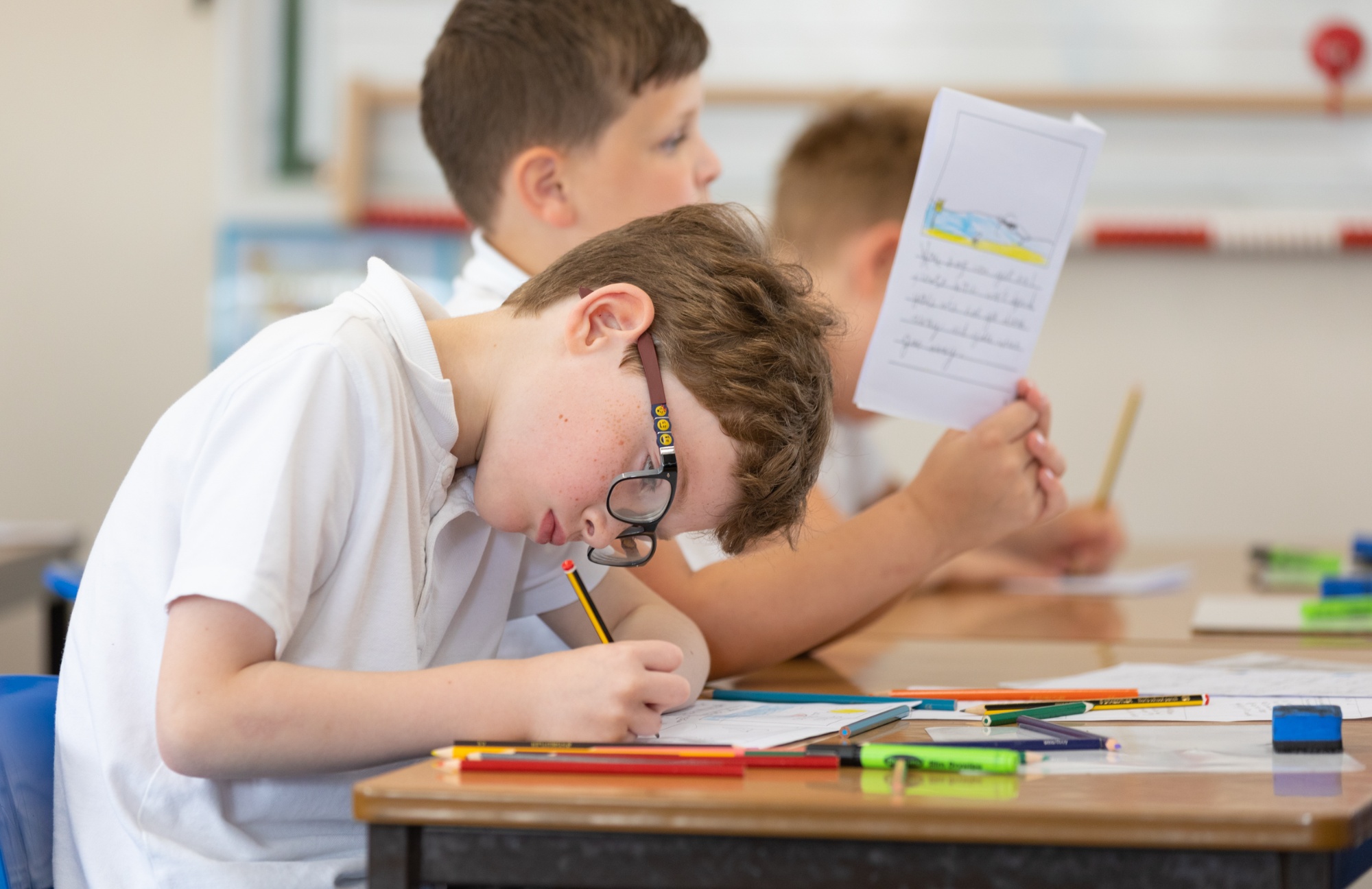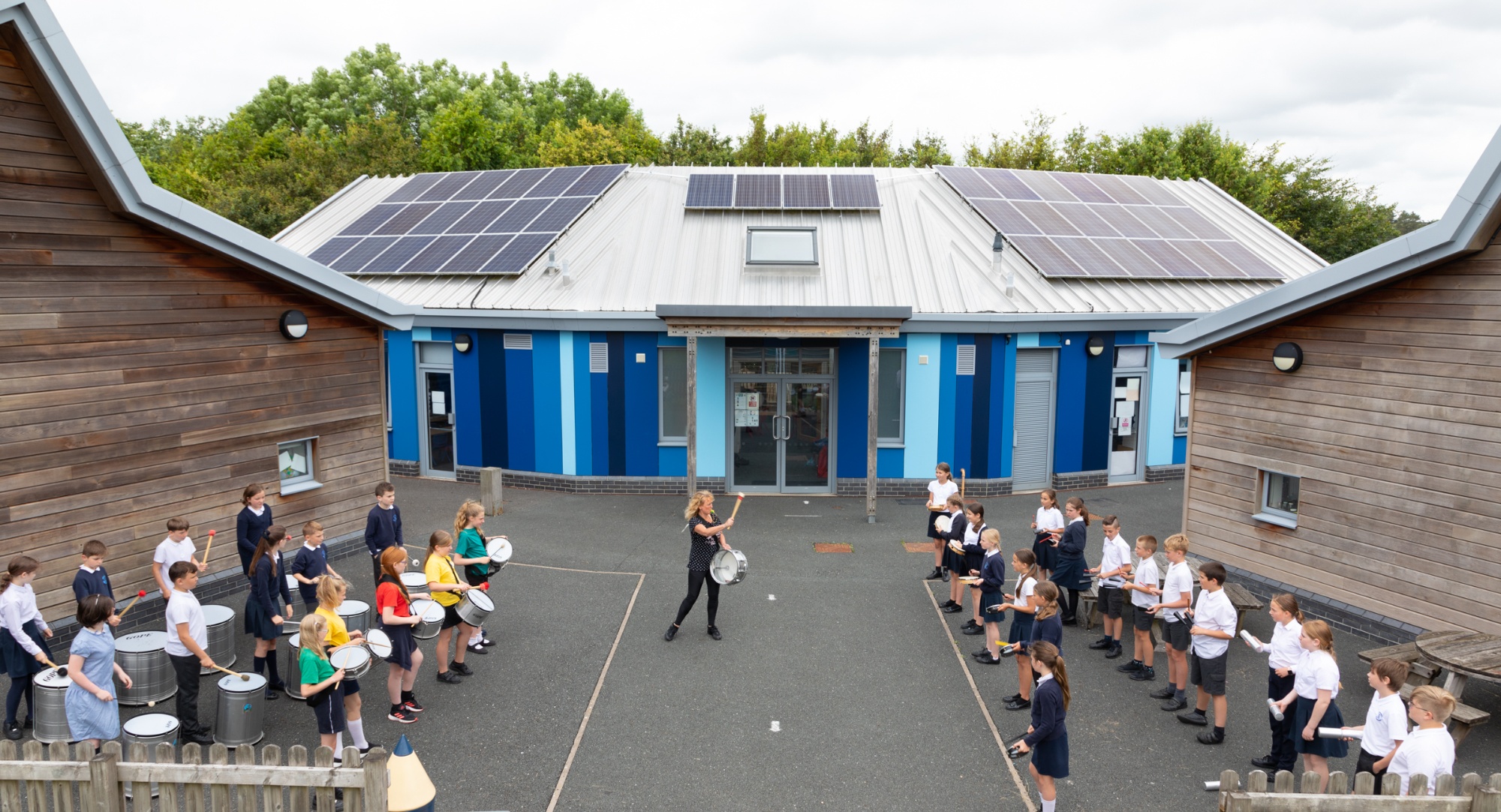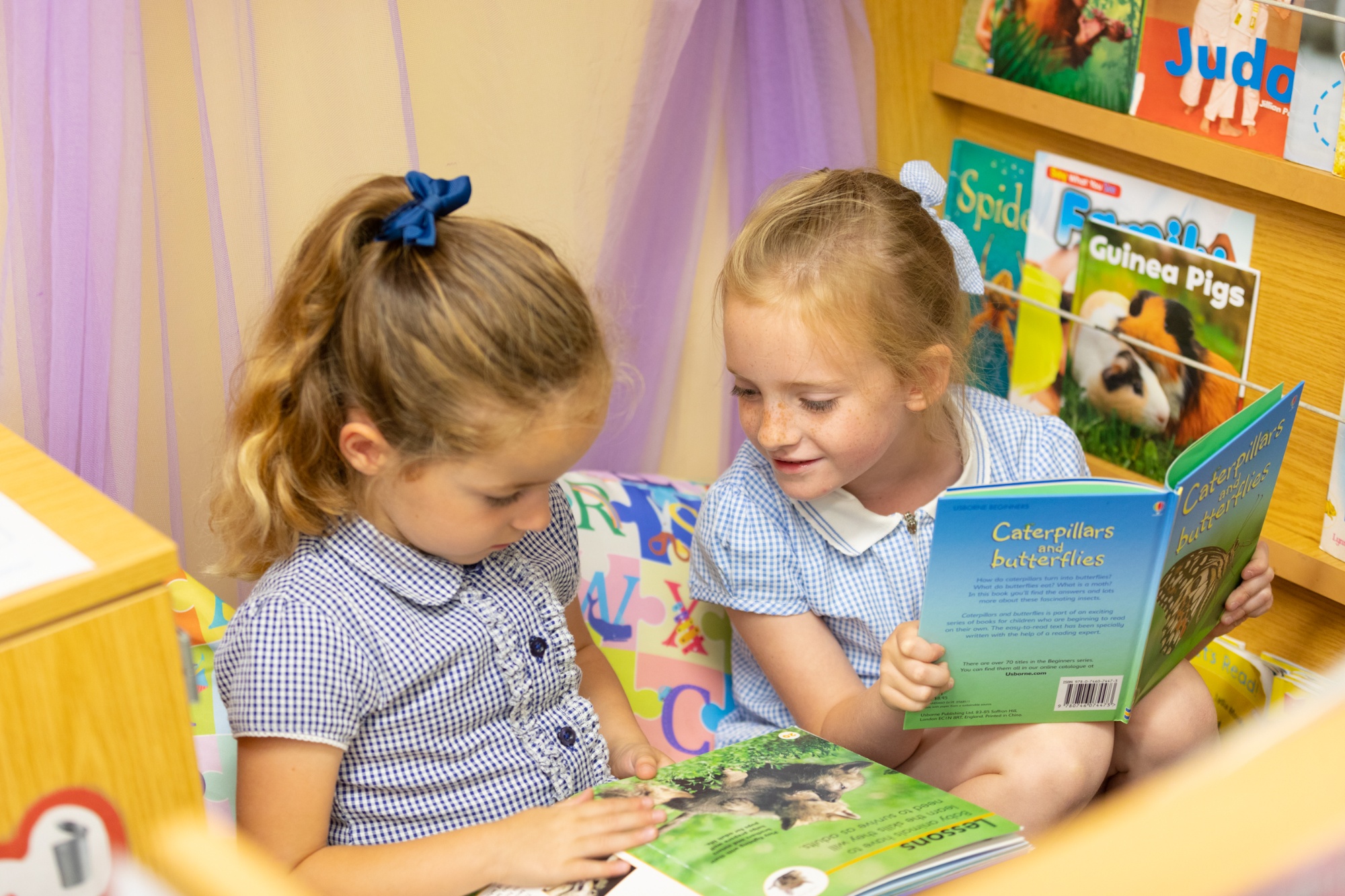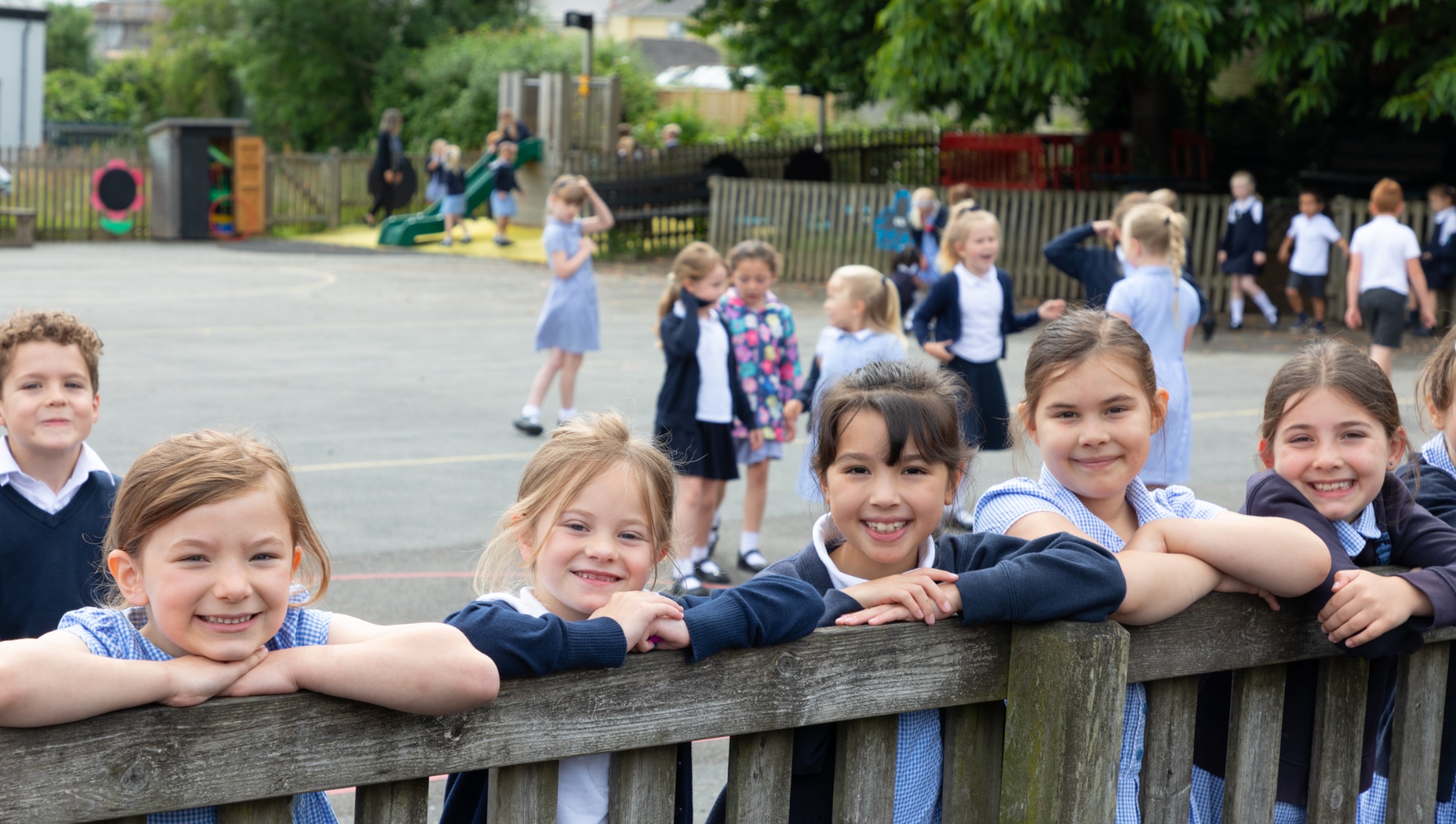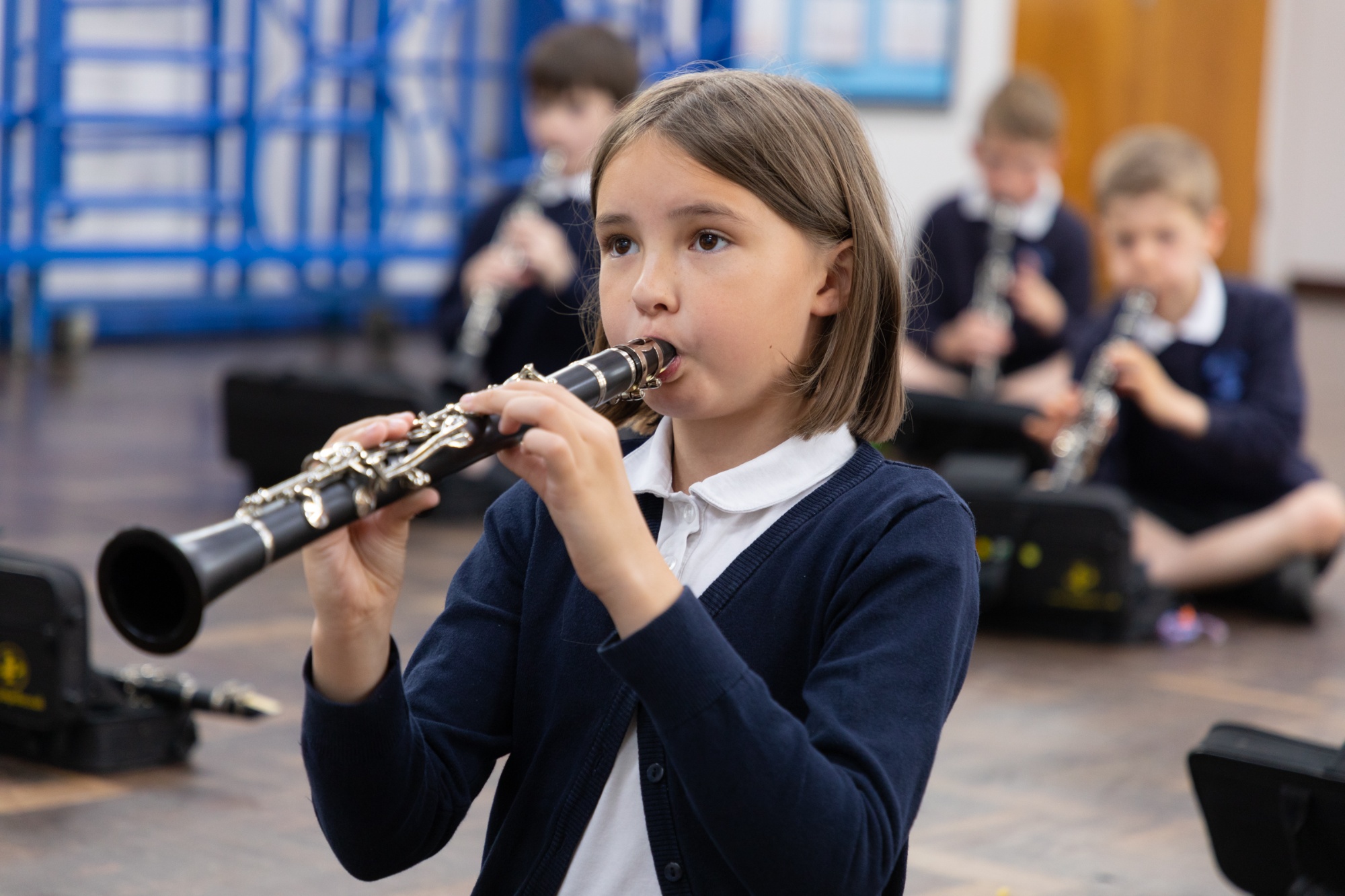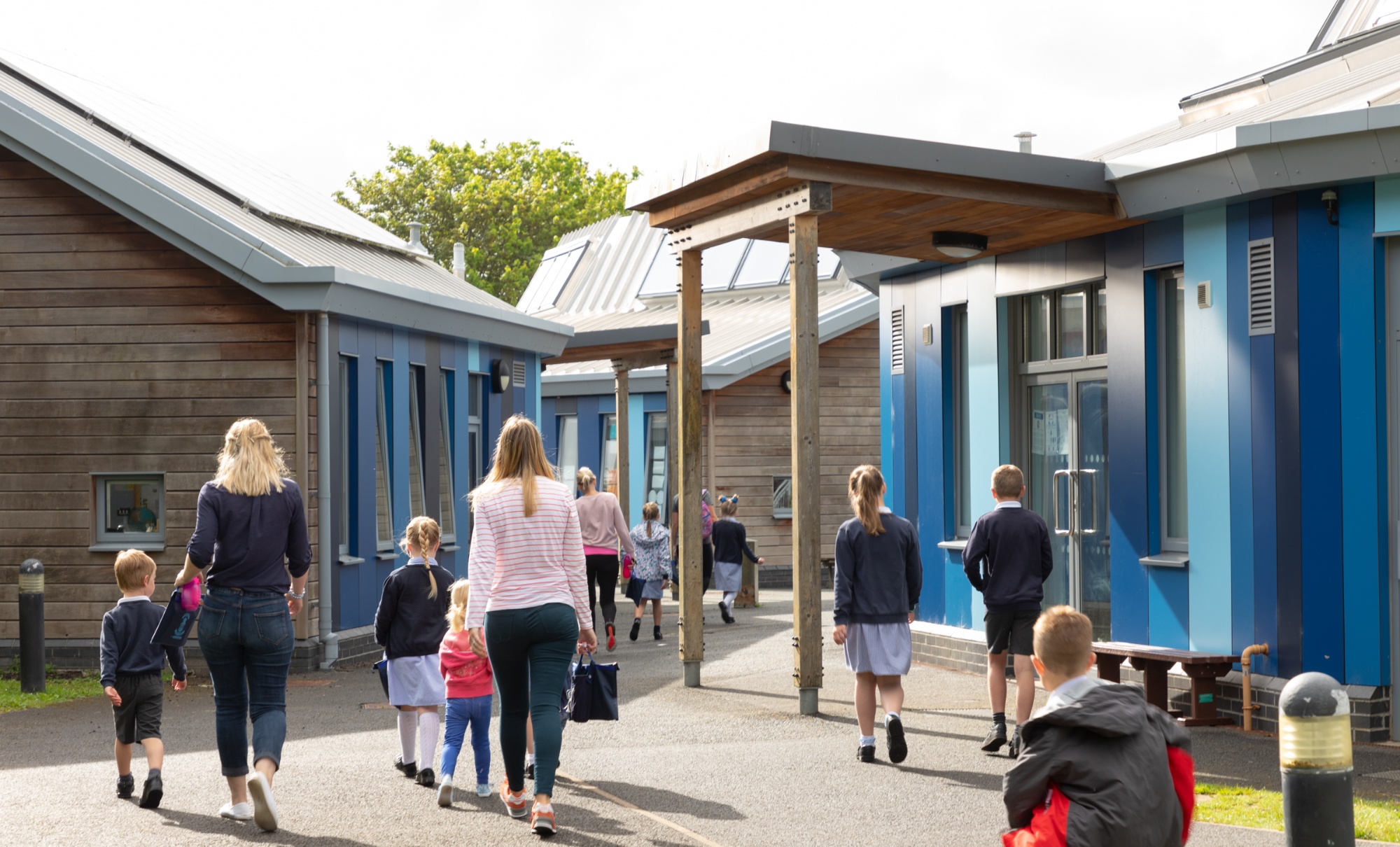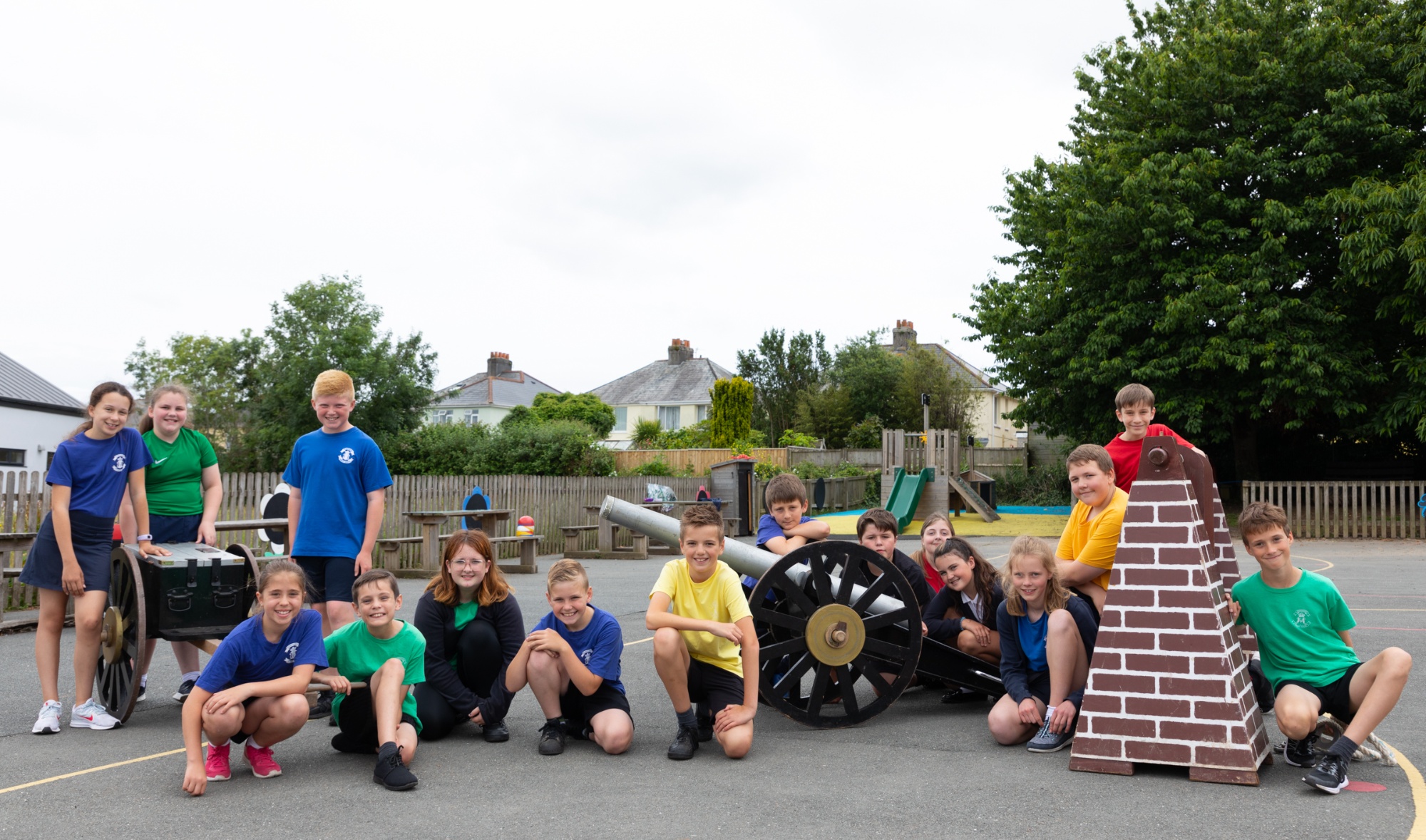Curriculum
Boringdon Primary School Curriculum Statement
Our curriculum is balanced and broadly based. It consists of all the activities designed or encouraged in the school to develop the intellectual, personal, social and physical activities in the children.
We aim to help our children, with the co-operation of their parents:
- To develop into happy and confident individuals with a secure foundation in learning that will last throughout their lives
- Develop lively and enquiring minds through knowledge with understanding
- Establish a command of the subjects contained in the National Curriculum
- Value and understand religious and moral beliefs
- Develop a respect for the views of others
- Understand something of the world in which we live with regard for our mutual dependence on others as individuals, groups and nations
- Appreciate human achievements and aspirations.
We try to do this by providing:
- a school environment in which they can enjoy developing their mental and physical abilities
- whole school and individual staff professional development which ensures the highest quality of teaching and learning
- opportunities to work with other children and adults in a friendly atmosphere and so develop social skills in co-operating with each other.
Our curriculum includes not only the formal programme of lessons, but the ‘informal’ programme of extra-curricular activities as well as the features which produce the school’s ethos, such as equality of opportunity, the values shown in the way the school sets about its task and the way in which it is organised and managed.
The National Curriculum provides a necessary framework and ensures continuity throughout the child’s school life. The curriculum detail forms the most important element in the School Improvement Plan which in turn covers all aspects of school life.
Our teaching is child-centred in that our pupils are central to all our planning. We have high expectations of our children. They have already learned a great deal so that we start with what is familiar and, using practical activities wherever possible, extend this knowledge. We aim to interest the children, even excite them, so that they want to learn and enjoy their new skills. Success is a firm foundation for future learning and we show our appreciation of their successes.
Our planning is detailed, inclusive and differentiated to meet all pupils’ talents, skills and abilities. Every class in each year covers a similar curriculum – but will have individual interpretation depending on teacher interests and class needs. The work is matched to the age related expectations of the new National Curriculum.
https://www.gov.uk/government/collections/statistics-performance-tables
Sex and Relationship Education
Sex and Relationship Education (SRE) is taught in every year. The children are led gently to a deeper understanding of all the issues involved in this subject according to their level of maturity. The programme of work incorporates knowledge, attitudes and behaviour. All aspects of SRE require close co-operation between home and school and parents are informed in advance when SRE is to be taught.
Religious Education
The school follows the Devon, Plymouth and Torbay Agreed Syllabus on Religious Education. Parents are reminded of their right to withdraw their children from all or part of the religious education and collective worship provided. This should be discussed with the Head of School
Special Needs
From time to time many children will need special help either to overcome a learning difficulty or to ensure that the curriculum fully extends their abilities. Specialist help is available within the school. Our Special Needs co-ordinator oversees all SEN issues and supports and advises the classroom teacher. Our classroom assistants work with small groups and monitor the progress of children. Additional help is available when appropriate from Educational Psychologists and other outside support agencies.
The More Able Child
Our school policy is to identify through clear curriculum guidelines those children who have outstanding abilities. Opportunities are given for children to develop their specific skills or talents right across the curriculum.
Early Years
We have two Reception classes, each with 30 children. The children are accommodated in two bright classrooms with a shared conservatory and outside space which includes a level playground and large lawn area. The children follow the Early Years Foundation Stage Curriculum throughout their time in the Reception classes. The three prime areas of Personal, Social and Emotional development; Communication and Language and Physical development are built on with individualised learning in the four specific areas. These are Literacy (reading and writing); Maths; Understanding the World and Expressive Arts and Design.
Click on the link below to see our Reception learning environment and listen to our Reception staff read some well-known stories.
Educational visits / Events
During each school year curriculum related educational visits and visitors are organised for the children. These provide first-hand experiences to support various aspects of the children’s learning. At the start of each school year the list of proposed visits is sent to parents. Details and the cost of such activities are sent before each trip with a reply slip. Parents are asked to pay voluntary contributions to support the cost of the visit or event.
The Governing Body’s Charging and Remissions Policy is available from the school office or on this website.
Collective Worship
This is part of the school assembly and allows individual children, who may or may not have a religious faith to respond differently. It is an educational activity which affirms the corporate life of the school and our shared values.
Our collective worship is based on three themes each of which runs for a term. These themes are: - Ourselves and Our Feelings, Our Community and Our World. Incorporated into these themes are the PSHE (JIGSAW) assembly themes:
- Being me in my world
- Celebrating Differences
- Dreams and Goals
- Healthy me
- Relationships
- Changing me
Our School, Festivals, The Seasons and Religions of the World are subsumed within each theme and are included when relevant and appropriate.
The school does not have a “Determination” which lifts the requirement for broadly Christian Worship. If parents wish to withdraw their child, arrangements must be made with the Headteacher.

